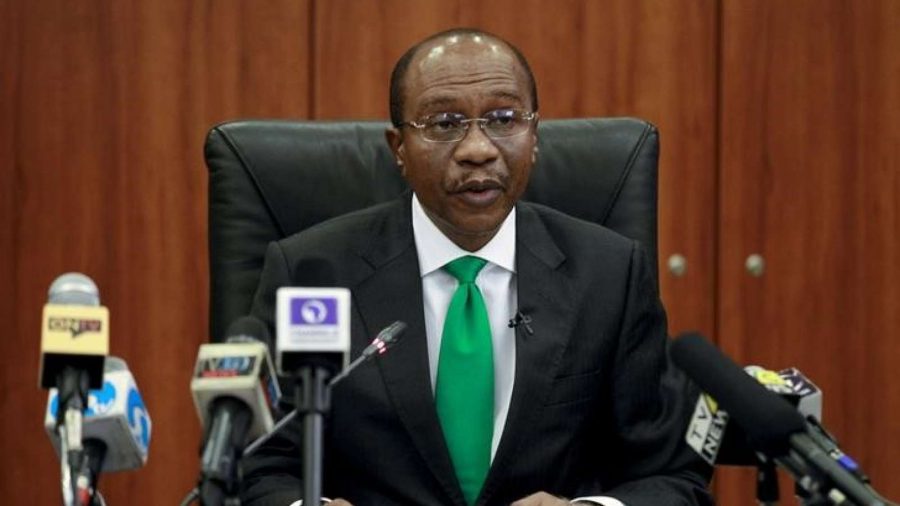Nigeria’s 5 years onshore Non-Deliverable forward contract posted its biggest drop by plunging 27% from N413.36 to close at N569.69 a price differential of N156. The 1-year Non-Deliverable forward contract was down 5% from N394.29 to close at N421.22 a price differential of N26.93.
One month NDF is now N395/$1 suggesting an imminent devaluation in the I&E window which could also impact the current official exchange rate of N360/$1 as well as the BDC rate which was devalued to N370/$1 some weeks back.
A forward market is an OTC market platform that fixes the price of a financial asset for future delivery. Forward markets are used for trading a range of instruments, especially in the foreign exchange market. Forward currency contracts are used by traders, investors to lock in a currency’s exchange on a date agreed on.
Non-Deliverable forwards allow hedging of currencies where fiscal regulators ban foreign access to local currency or the parties want to remunerate for risk without the physical exchange of cash.
READ ALSO: Possible impacts of last week’s CRR debit on banks’ balances by the CBN
See changes;
Nigeria’s central bank has been struggling to stabilize Nigeria’s currency exchange rate because of historical low crude prices and the shutdown of economic activities in major cities of Nigeria
Plunging crude oil prices has negatively disrupted the economy of Africa’s biggest oil producer, just as the onslaught of Covid-19 closed businesses and disrupted human activities of people to contain. Nigeria’s central bank devalued the naira against the dollar in March but is still under pressure to devalue the naira even further amid a scarcity of U.S dollars and poor export earnings.
READ MORE: External reserves to fall below $30 billion, more forex restrictions expected
What this means: This depreciation is a clear indication of the supply gap that currently exists in the foreign exchange market. Demand is high but not enough supply to stabilize the exchange rate. As things stand, the CBN will struggle to support the exchange rate as it did in 2017 when it newly introduced the I&E window. Back then, oil prices picked up and the government also received proceeds from its Eurobond offers.
The CBN’s expensive rate induced monetary policy also helped keep foreign dollars within Nigeria. The situation has changed from then as oil prices remain depressed and the economy is still reeling from the Covid-19 lockdowns.
There is also likely going to be more depreciation of the naira if things remain the same. Sources with connection to the megabanks inform Nairametrics that as things stand, most local businesses that rely on foreign inputs with significant dollar demand will either have to pivot sourcing locally or go bankrupt.
READ MORE: IMF list unpopular policies CBN must reverse
Meanwhile, the naira had hit N460 last week at the black market (its weakest level in three years), as dollar scarcity crippled the market. The naira was selling at N442 to a dollar at the black market today according to the Everdon bureau de change. The black market rate remains 16% lower than the official exchange rate which is pegged at N360.
